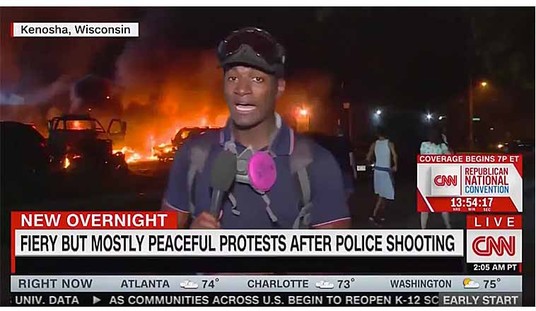I spent four years working in hospice, so I know death. I know it can be frightening, painful, and not pretty. My job was to help allay those fears, alleviate the pain, and make the journey of death -- one we'll all take -- as peaceful and 'good' as it could possibly be.
My time in hospice and my time being elbows-deep in politics have taught me that euthanasia, especially under a system of socialized medicine, is the textbook example of the slippery slope. I will always be a vocal critic of the practice and will be a conscientious objector if I ever practice nursing where euthanasia is law.
I've written quite a bit about Canada's Medical Assistance in Dying (MAiD) program and how the nation known for being polite now uses this program -- which started as the 'right' to die for those with terminal illnesses -- as a cost-saving measure for social programs.
No, really. I wrote about it back in May, when Jacobin Magazine was appalled MAiD was being used to euthanize poor Canadians like an elderly family pet. MAiD has been offered to those with non-terminal conditions like depression and anorexia, to Canadian military veterans and even the homeless. A quarter of surveyed Canadians think MAiD can be used on the poor, even if they are healthy.
The expansion of MAiD led one Canadian politician to call the program an 'overwhelming success' that 'enhanced freedom' -- and even George Orwell is telling him to pump the brakes.
But euthanasia is being considered in Minnesota, and here's The Economist telling Britain's Parliament to 'enrich fundamental liberties' by allowing 'assisted dying.'
People should have the right to choose the manner of their death. Britain’s Parliament must not squander a rare chance to enrich fundamental liberties by voting against a law allowing assisted dying https://t.co/yt0WnPdk13 pic.twitter.com/4xsR65oAMi
— The Economist (@TheEconomist) November 21, 2024
Perhaps the concept of assisted dying -- and the slippery slope it opens up -- is so abstract or abhorrent to people that they can't comprehend what it really means.
So I'll tie it to a more tangible scandal: FEMA.
Earlier this week, we told you how a fired FEMA worker spilled the beans that the emergency response organization had orders from the top to avoid the homes of Donald Trump supporters. This tracks with the agency's focus on DEI and its institutionalized discrimination -- where 'marginalized' groups get disaster aid before 'non-marginalized groups' (read: white people), even if the latter have a greater need.
We in America are lucky that we don't have a full-blown socialist healthcare system like the U.K.. We do, however, have Medicare and Medicaid. And -- take it from me -- they have their hands all over the healthcare decisions of patients who rely on those programs. They also have terrible reimbursement rates, which is why a lot of providers don't take Medicare/Medicaid patients.
There is zero reason to trust that the government -- who just openly admitted to discriminating against 75 million Americans because of who they voted for -- won't apply the same metric to health care.
Add to that the infiltration of DEI nonsense into medical schools and healthcare and you've got a recipe for your grandma getting the FEMA treatment at the hospital.
For my readers in the U.K., think about how your government has targeted grannies for 'offensive' Facebook memes and throws care workers in prison for the 'crime' of recording the aftermath of a riot in which she did not participate.
Not only is there no reason to fear the government will discriminate against certain populations, Canada has given us ample evidence that euthanasia laws become less about death with dignity and more about the government saving a buck or two on your health care or social welfare.
To that end, the 'right' to die will soon become an obligation -- one where the government picks who is and isn't worthy of life. And we can look at what they've done to certain groups to see exactly who will and won't be expected to die.

























